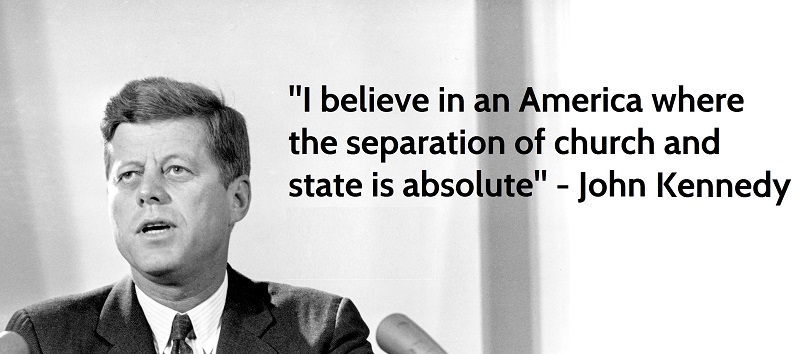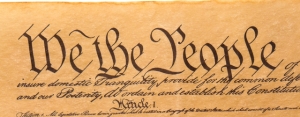
The wall of separation of church and state protects both freedom from government-sponsored religion and a private individualÔÇÖs freedom of conscience. This reflects the Madisonian concern that secular and religious authorities must not interfere with each otherÔÇÖs respective spheres of choice and influence. The Free Exercise Clause forbids the government from interfering with religious belief, opinion and some, but not all, actions taken with religious motives. While the freedom to believe is absolute, the freedom to act may be circumscribed by law, so long as those laws are not meant to discriminate against a particular religion.
The Free Exercise Clause does not give a religious actor a special right to ignore a law by claiming that complying with it conflicts with its religion. Neutral laws of general applicability that incidentally burden religion are not unconstitutional.
A claim of a right to ÔÇ£religious accommodationÔÇØ under the Free Exercise Clause may be rejected if it would result an impermissible preference of religion prohibited by the Establishment Clause. The Supreme Court has indicated that accommodation is permitted only when it ÔÇ£alleviates exceptional government-created burdens on private religious exercise.ÔÇØ An accommodation which ÔÇ£conveys a message of endorsementÔÇØ of the religious practice being accommodated, however, advances religion in violation of Lemon.


